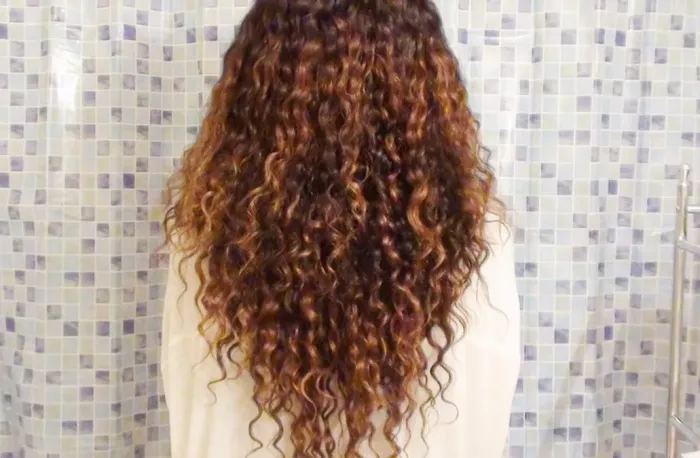Curly hair can be a beautiful, defining feature, but caring for it often feels like a never-ending battle. Between toxic ingredients, drying agents, and products that weigh curls down, finding the right brands and routines can feel exhausting. The challenge is made even worse by companies that, instead of nourishing textured hair, secretly damage it.
Many people with curly hair have trusted brands like Cantu, Shea Moisture, and Mielle Organics to care for their hair. However, these once beloved staples are now facing criticism for harming the very curls they were supposed to nurture. For those of us searching for healthy products, it seems the list is growing shorter by the day.
The Challenges with Popular Brands
While Cantu and Shea Moisture have come under fire for issues like dehydration and poor curl definition, Mielle Organics faces accusations on a whole new level. There are claims that their products cause hair loss, scalp irritation, and, shockingly, even cancer.
Mielle Organics, once a small business run by CEO and founder Monique Rodriguez, was known for its natural ingredients and effective results. But after selling the brand to P&G, it expanded to major retail chains like Target, CVS, Walgreens, and Walmart. Allegations soon surfaced that Mielle had changed its formulas, leading to damaging effects for many users.
Rodriguez took to TikTok to defend her brand, stating, “From the very beginning, authenticity and transparency have been at the core of what I do.” She emphasized that Mielle products are made with healthy ingredients and are safe for use. However, the comment section told a different story. One user, @morgannalexisss, wrote, “Girl I’m bald now,” a comment that garnered over 7,000 likes. Many others echoed similar concerns, claiming the products made their scalps itchy, thinned their hair, and caused hair to fall out in clumps.
Despite Rodriguez’s assurances that Mielle’s commitment to quality hasn’t changed, it’s hard to ignore the collective outcry from a significant portion of the curly hair community.
A Personal Struggle
Like many curly-haired individuals, I’ve had my own struggles with Mielle. The shampoo never left my scalp feeling clean, and the hair growth oil didn’t seem to make much of a difference. Over the years, I’ve tried to embrace my natural texture, but it hasn’t been easy when I feel like my hair doesn’t look or feel its best.
After years of trial and error, I’ve finally settled into a routine with products that truly nourish my curls. My hair is the healthiest and longest it has ever been, but it took nearly two decades to get to this point. Unfortunately, my experience mirrors that of many others in the curly hair community.
The Bigger Problem: Lack of Accountability in the Beauty Industry
The backlash against Mielle highlights a larger issue in the beauty industry: a lack of transparency and accountability. For years, the industry has been criticized for using harmful chemicals, especially in products targeted at communities of color. Ingredients like sulfates, parabens, and formaldehyde, known to damage hair, are still prevalent.
For Black women, the situation is even more frustrating. Historically, there have been limited products specifically made for textured hair, and the few that exist often come with high price tags or questionable ingredients. Brands like Mielle were seen as a solution to this problem, but when they start cutting corners for profit, it feels like a betrayal.
A Call for Change
Finding the right products for curly hair often feels like an uphill battle. Many of us invest in brands that claim to cater to our unique hair needs, only to be disappointed when those brands don’t live up to their promises. Worse still is when they cause harm.
However, as more consumers demand clean and effective products, change is possible. Brands must be held accountable for the ingredients they use and the promises they make. Until then, the curly hair community will continue to push for products that not only make our hair look good but also keep it healthy in the long run.
In the end, curly hair may be difficult to manage, but with the right care and the right products, it can thrive. The journey to finding those products, however, is one filled with trial, error, and an unwavering demand for honesty from the beauty industry.


